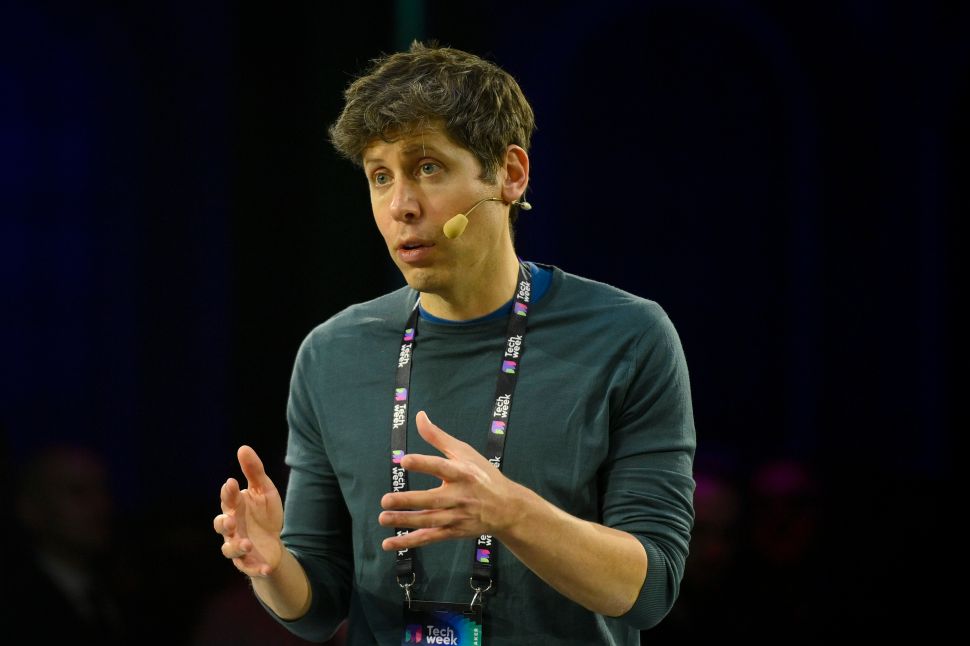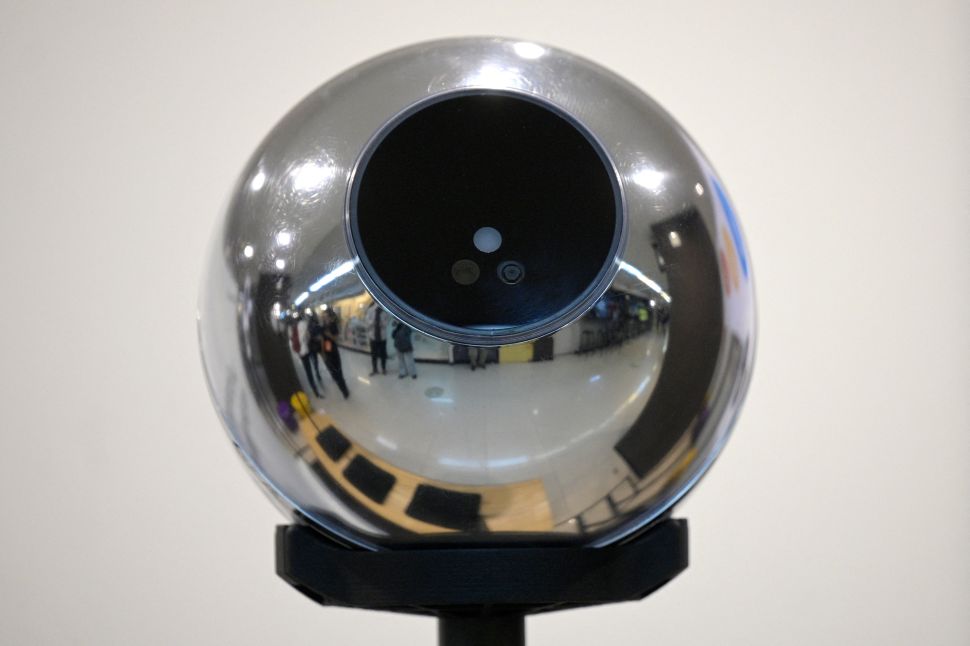
The past two years have been action-packed for Sam Altman, the co-founder and CEO of ChatGPT-maker OpenAI. But that hasn’t stopped the A.I. executive from continuing to work on his many side projects, which include Worldcoin, an obscure venture dedicated to human identification. Worldcoin’s primary product is a digital passport storing individual biometric data known as World ID. Last month, Altman announced a slew of updates that will see improvements to various features supporting the venture’s “proof of personhood” mission.
Worldcoin was founded in 2019 and publicly launched last year as a project from Tools for Humanity, a startup established by Altman and Alex Blania, a former deep learning researcher at Caltech. The company’s initial mission was to use digital identification to distribute its own crypto token, WLD, to all humans as a form of a universal basic income, a concept Altman has been interested in for years.
In a future where A.I. is ubiquitous, Worldcoin wants to develop tools that will help distinguish humans from bots.”We started thinking about the infrastructure that society was going to need if A.I. really started to happen,” Altman said during a Worldcoin event last month.
To that end, Altman and Blania announced at the event that Worldcoin will be rebranded to “World” going forward because the new name better encapsulates the project’s new mission “to accelerate every human.”
How does Worldcoin even work?
In order to verify human identities, World uses a product known as ‘the Orb.’ The circular biometric devices scan human eyes to collect unique iris data that becomes part of one’s World ID. The venture chose iris fragments instead of the more traditional fingerprints or face data route because iris biometrics contain more unique details and are less susceptible to external change, it claims.
World recently unveiled its next-generation Orb, which is powered by Nvidia (NVDA)’s Jetson chipset and boasts an A.I. performance that is nearly five times better than the previous version. It is also improving accessibility to Orbs, which will be available at flagship locations, self-serve kiosks and can be ordered by individuals through an on-demand service.

Updates were additionally announced to World ID, which will now offer enhanced privacy features and the new feature known as Deep Face that will help users identify A.I. deepfakes on video calls like FaceTime, WhatsApp and Zoom. Meanwhile, a new version of the project’s World App—which stores the World ID—will now feature a platform allowing third party apps to run inside the platform.
According to Altman and Blania, World is halfway through its four-step roadmap. Having accomplished the development of the Orb and a blockchain network, it is currently working on scaling and will eventually tackle the fourth stage of redistributing the benefits of A.I.
“We want to see what happens when we do this at mass scale,” said Altman. While the venture has for years maintained its goal of reaching one billion users by 2023, it currently only has 15 million World ID holders. “It’s great that we’ve signed up so many people, but there’s 99.9 percent left to go,” said the OpenAI CEO.